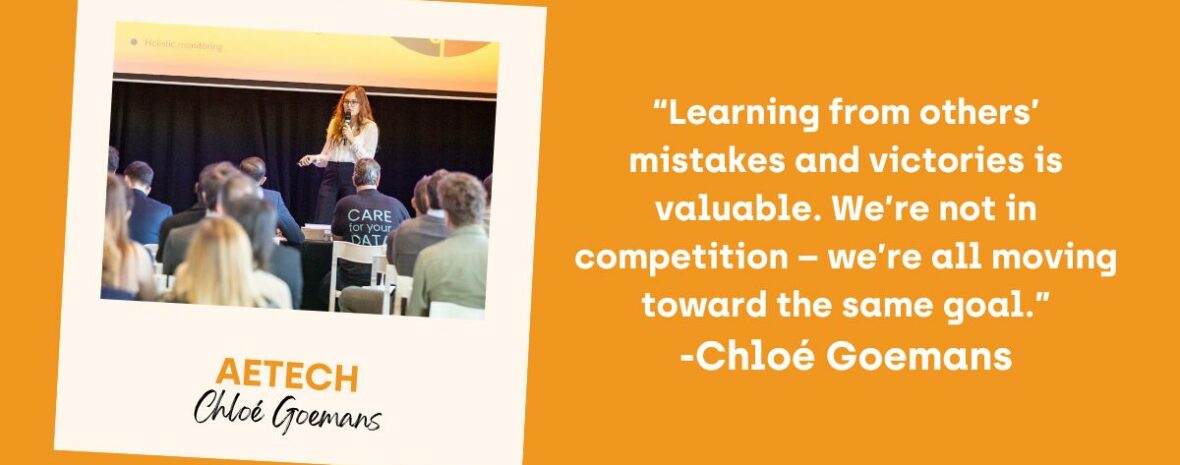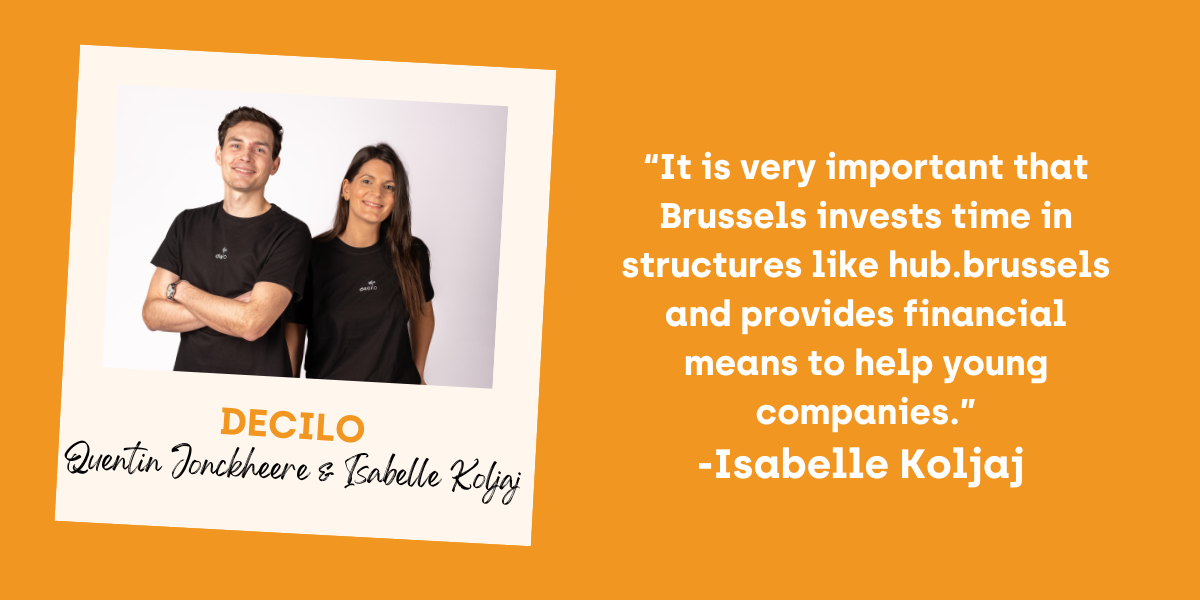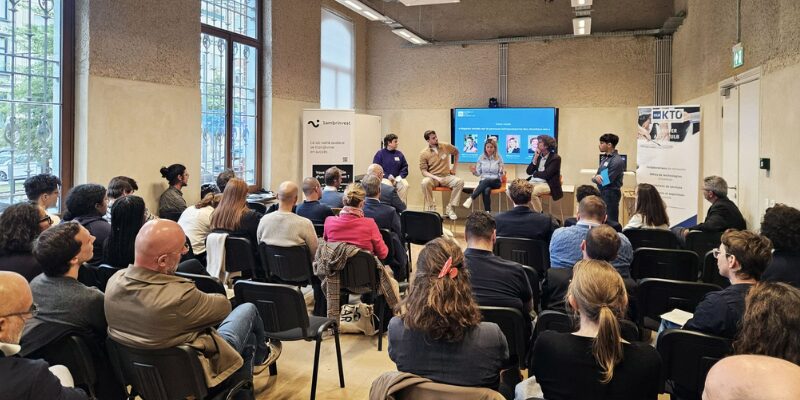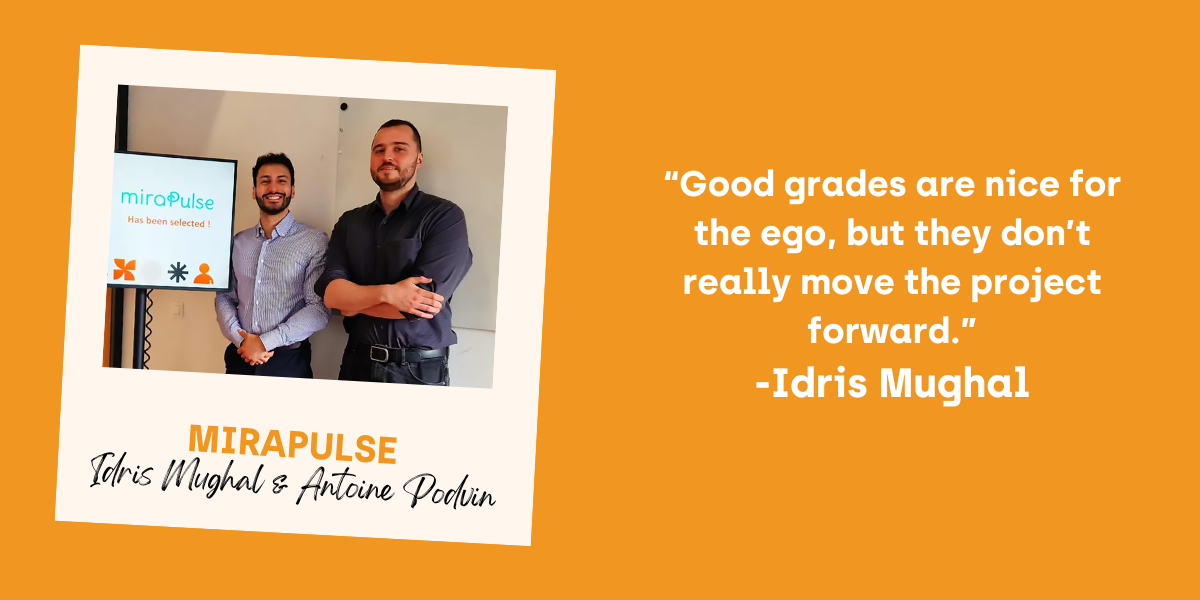Dr. Frédéric Vanden Eynden, cardiac surgeon at Erasme Hospital, Prof. Nicolas Baeyens, head of the Laboratory of Physiology and Pharmacology at ULB, and biomedical engineer Chloé Goemans have combined their expertise to develop an algorithm that significantly improves the performance of ECMO machines used in intensive care.
ECMO machines – extracorporeal circulation systems – were initially developed to empty patients’ hearts during cardiac surgery, allowing surgeons to operate without being hindered by heartbeats. They quickly moved out of the operating rooms and into intensive care units, where they take over the failing hearts of patients in cardiogenic shock. Their mission: pump blood and deliver oxygenated blood to the organs. Yet, their merits in this area have only been officially recognized for just over five years.
An innovative algorithm by a ULB trio
This recognition has facilitated the design of accessories to further optimize the device’s performance. In particular, a solution developed by the founding trio of AETECH uses an algorithm to automate real-time blood flow adjustments. The goal? To improve patient care while reducing the workload of healthcare staff.
Dr. Vanden Eynden (head of the cardiac surgery department at Erasme Hospital), Prof. Baeyens (head of ULB’s Laboratory of Physiology and Pharmacology), and his former student, now biomedical engineer and researcher, Chloé Goemans, form the core of the project.
“We’re complementary: my highly technical profile, Frédéric’s medical expertise at the origin of the concept, and Nicolas’s focus on biomechanics and the impact of hemodynamics on patients,” explains Chloé.
Initially suggested as her master’s thesis topic, the project quickly revealed its positive impact on patient care and ICU practice. Chloé was then hired in 2021 by ULB’s Faculty of Medicine, secured early contacts with Innoviris in 2022, and recently co-founded the spin-off AETECH, which maintains strong ties with the university.
Research meets business
Over time, Chloé, who always wanted to work in healthcare without becoming a physician, has become the driving force behind AETECH:
“I had to pivot depending on the project’s needs. If I could, I would have simply made our solution available to hospitals. But for survival, we needed a product, a spin-off, and a business mindset. Despite my technical background, I quickly realized I had to learn about regulatory affairs, IP, business, finance… basically everything.”
The lifetech cluster, the MedTech Accelerator, Innoviris and more
She stresses the importance of support:
“Luckily, I know where to turn for advice. In 2023, joining the MedTech Accelerator (organized by lifetech.brussels) was a first step. With AETECH, we even won the public prize for our pitch! The cluster has been invaluable – its coaches still help me a lot, and the ecosystem itself is precious. Events connect us with other entrepreneurs; we can support each other, ask questions, and share struggles. Learning from others’ failures and victories is so important. We’re not in competition – we’re all moving toward the same goal.”
The trio is also proud of the positive reception from both the medical field and ECMO machine manufacturers, as well as their integration into imec.istart’s accelerator program.
Future plans
Despite the progress, there’s still much to do.
“We had to improvise to validate the algorithm, but that’s now achieved. We’re finalizing a device that meets all standards for clinical use. First, we’ll connect to patient data without direct intervention, ensuring our device gives the right responses. Only then can a full clinical study take place.”
The team hopes this will attract investors, though Chloé notes:
“Investors like to see clinical data, which we don’t yet have. It’s a matter of timing. Many have already invested and are waiting for returns before reinvesting. We hope to raise funds by 2026 and bring the product to market by 2029 after clinical studies. Meanwhile, AETECH will of course be available to hospitals wishing to use it within clinical studies.”
A Brussels-based identity
This 100% Brussels-born project – developed at ULB, supported by Innoviris, and backed by all university hospitals in Brussels – has all the right assets for success. Chloé emphasizes that Brussels offers an ecosystem particularly favorable to medtech:
“Brussels and Belgium have a great future in the sector. The regional governments truly understand this – funding and subsidies are available to support projects and companies. We’re on the right track, but it’s important to keep supporting especially the smaller projects that are just starting.”
website: https://www.aetech.tech/




